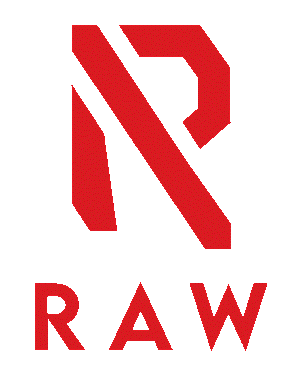While these two topics are closely related, they consist of different aspects and training styles, etc.
First, we discuss on the definition of strength and hypertrophy.

What is Muscular Strength?
Muscular Strength can be defined as the ability to exert force in order to overcome resistance. Besides the ability to produce force, increased strength is crucial in developing stability, reducing the risk of injury and increasing bone density to name a few. There are few sports that rely on strength alone for success. While the purest of weight-lifting exercises like bench press or dead lift require maximal force at a low speed, all Olympic events rely on the combination of strength, speed and technique to deliver lifts such as the Clean and Jerk or Snatch.

What is Muscular Hypertrophy?
There are two types of Muscular Hypertrophy:
myofibrillar: growth of muscle contraction parts
sarcoplasmic: increased muscle glycogen storage
Which type to focus on depends on your fitness goals. Myofibrillar training will help with strength and speed. Sarcoplasmic growth helps give your body more sustained energy for endurance athletic events.
This blog will go over the main differences between the two to give you a better idea of what you are looking for.
Main Difference #1
Hypertrophy training aims to increase the size of the muscle while strength training aims to increase the ability of the body to produce as much force as possible. Hypertrophy normally requires higher volume training as “time under tension” is one of the factors affecting muscle growth. Placing the muscles under longer periods of stress through exercise has been proven to be more effective in building size compared to lifting heavy for low reps. Strength training normally requires lower volume work with longer recovery days, however, normally very intense. This is because strength is a specific skill, and it needs to be practised. Hence, to lift heavy, one must lift heavy.
Main Difference #2
Exercise selection is different most of the time for both focuses. Strength training involves more compound movements such as the big three, “Squat”, “Bench” and “Deadlift”. These three exercises allow for the athlete to practise using the entire body to produce as much as force as possible as the goal of strength training is maximum force production. Hence, Bench press does not just rely on the chest, shoulders and triceps. You will hear certain athletes talking about leg drive, Valsalva manoeuvre, etc. These techniques are used to help the body achieve maximum force production. On the other hand, hypertrophy normally includes more isolation exercises. This allows for the athlete to fully focus on building one muscle group at a time, such as feeling the “stretch” at the bottom of the rep or feeling the “squeeze” at the top of the rep. This is often termed as “mind-muscle connection”. Hence, bodybuilders normally have majority of their exercise selection as machine exercises that allow for isolation of a particular muscle compared to a lot of compound movements.
Similarities
Lastly, let’s go through some similarities. “A bigger muscle is a stronger muscle”, is said very often in the fitness industry. This statement is true to a certain extent. Hence, regardless of whether you are training for strength or hypertrophy, you will gain size and strength as both types of training styles put the muscles through at least one of the three components which are mechanical tension, metabolic stress, and muscle damage. Secondly, both strength and hypertrophy goals can only be achieved with proper nutrition. Nutrition is the number one priority when it comes to making all sorts of gains in the gym as it affects both performance and recovery.
Both training styles have pros and cons. However, this article lays out the ultimate goal of both strength and hypertrophy training. As an athlete, you should know your priority goal. Whether you are looking to build strength or size, the most important thing is that you should train hard!
Our personal training allows you to meet your lifestyle needs and is flexible to fit into your busy schedule. Feel free to contact us for details.
- Reverse Lunges: Benefits and Techniques - April 1, 2024
- Enhance Your Life – Elevate Your Cardiovascular Fitness Today - March 18, 2024
- Achieving Cellular Youthfulness: How Lifestyle Modifications Can Lengthen Telomeres - March 12, 2024

7 Responses